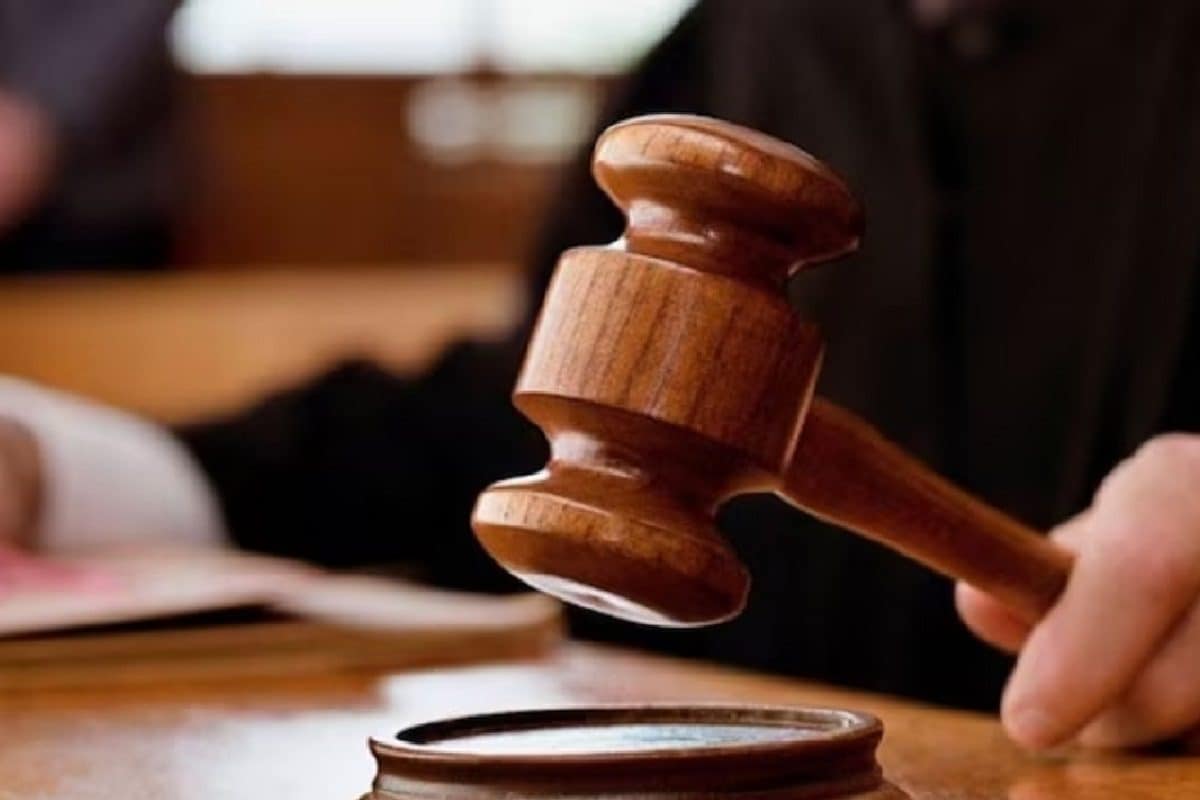The court found there was sufficient evidence to believe that the accused actively participated in radicalising local youth to support the establishment of an Islamic Caliphate in India.
The Karnataka High Court denied bail to Arafath Ali, an accused in an ongoing ISIS-related investigation. The court upheld the decision of the Special National Investigation Agency (NIA) Court, ruling that national interest must outweigh individual liberty when issues of unity, sovereignty and integrity of the nation are involved.
A Division bench of Justice Sreenivas Harish Kumar and Justice JM Khazi, delivered the verdict, stating that the materials presented against the accused demonstrated prima facie involvement in a conspiracy against the nation, warranting denial of bail under the Unlawful Activities (Prevention) Act (UAPA).
The case stems from an incident on August 15, 2022, when a youth named Prem Singh was stabbed in Shivamogga City. During the investigation, authorities uncovered the involvement of a network allegedly conspiring to carry out terrorist activities in India. The central figure, Shariq, along with associates Maaz and Yaseen, were apprehended. Their interrogation revealed plans to disrupt national unity and security.
As the investigation progressed, links to Arafath Ali, who was abroad at the time, were discovered. Following his arrest in September 2023, the NIA charged Ali under various sections of the UAPA, IPC, and Explosive Substances Act. Arafath Ali’s counsel, Advocate S.Balakrishnan, challenged the bail rejection, asserting that Ali was not named in initial charge sheet and had been arrested much later without substantial evidence of his involvement. It was also argued that no recovery or confessional statements implicated Ali, and that mere association with the other accused did not establish his participation in the conspiracy.
On the other hand, Special Public Prosecutor C Sachin, representing the NIA, argued that the evidence clearly established Ali’s involvement through communication records and financial transactions connecting him to the other accused. Additionally, statements from protected witnesses detailed Ali’s active efforts in radicalising young individuals and promoting the establishment of a caliphate in India. The prosecution highlighted that given the gravity of the accusations under UAPA, the denial of bail was justified due to the serious nature of the charges.
Focusing on the balance between individual liberty under Article 21 of the Constitution and the broader national interest, the court noted: “It may not be inappropriate to state that Article 21 concerns with liberty of an individual. What Article 21 states is that personal liberty of a person cannot be curtailed without due process of law. Its meaning has been expanded, and no doubt a greater amount of sanctity is attached to it. But whenever national interest is involved or a challenge is posed to unity, sovereignty and integrity of the nation, individual liberty recedes to background. Individual or personal interest must yield to national interest. Individual is not greater than the Nation where he has taken birth. An accused can enforce liberty under Article 21 if he is arrested without due process of law. If criminal action is found to be in accordance with due procedure established by law, an application for bail has to be decided by applying law relating to bail, not by applying Article 21.”
The court further examined the statements from protected witnesses, with one key witness implicating the appellant by stating that he actively participated in radicalising local youth to support the establishment of an Islamic Caliphate in India, aligning with ISIS ideology. Other witnesses also corroborated this involvement, detailing the accused’s role in terrorist conspiracies, recruitment efforts, and suspicious financial transactions linked to the wider terrorist network. The court observed that statements given by the witnesses “give vivid picture of participation of the appellant in various ways.”
The court found no merit in the argument presented by the appellant’s counsel, which focused on the absence of a confession or recovery of incriminating material from the accused. It held that “It is not always necessary to obtain confession statement of an accused to implicate him. It is also not necessary that there must be recovery from an accused under section 27 of the Indian Evidence Act. These are not sine qua non.”
Citing the Supreme Court’s ruling in the case of Zahoor Ahmad Shah Watali, the court emphasised that when considering bail under the UAPA, the primary concern is whether the accusations are “prima facie true,” rather than a detailed assessment of the evidence as might be required for a full trial. The court clarified that at this stage, the materials presented by the prosecution are sufficient to establish the accused’s involvement unless and until contradicted by other evidence.
Finally, the court concluded that the NIA Special Court had not erred in refusing bail to the accused, and thus, the appeal was devoid of merit and was dismissed.

